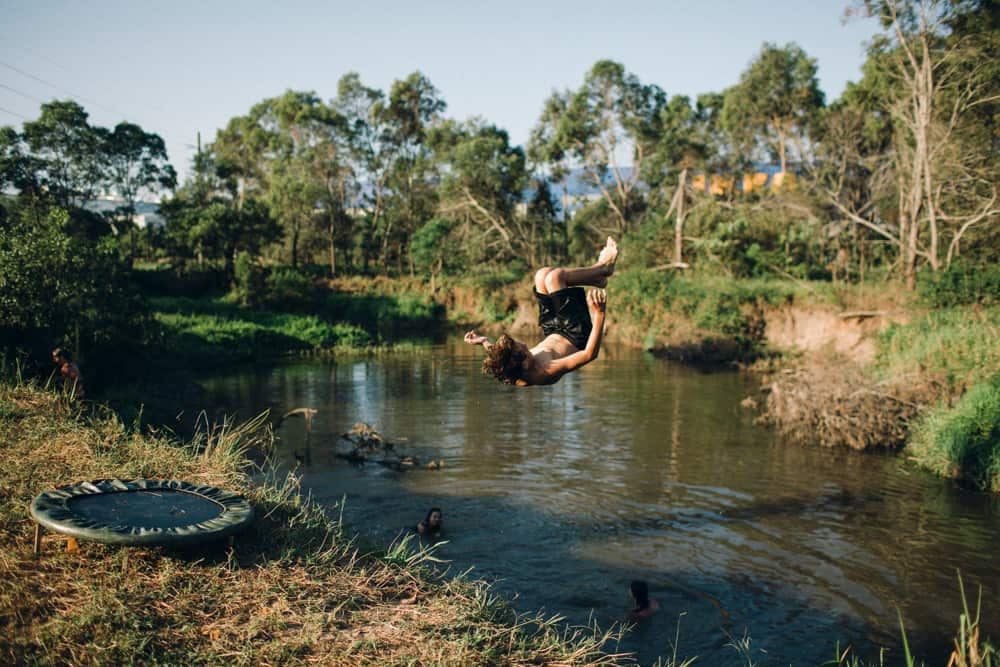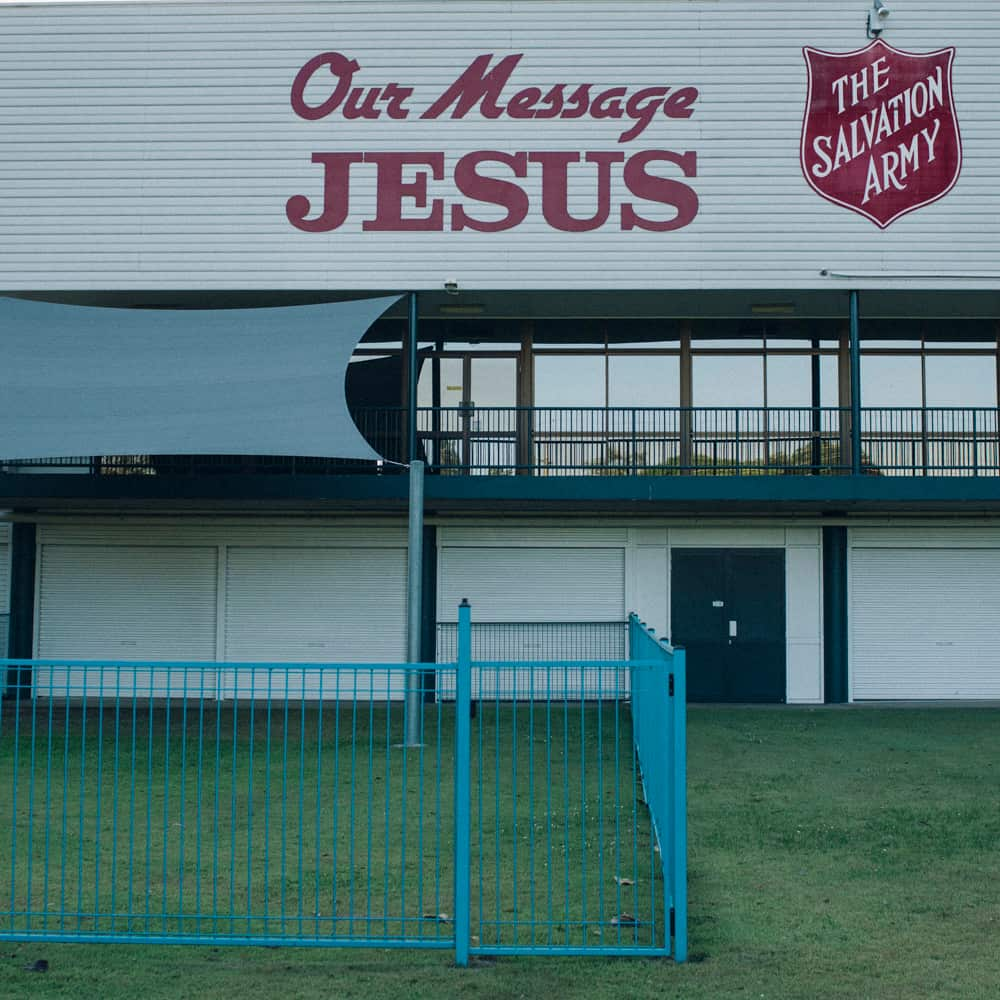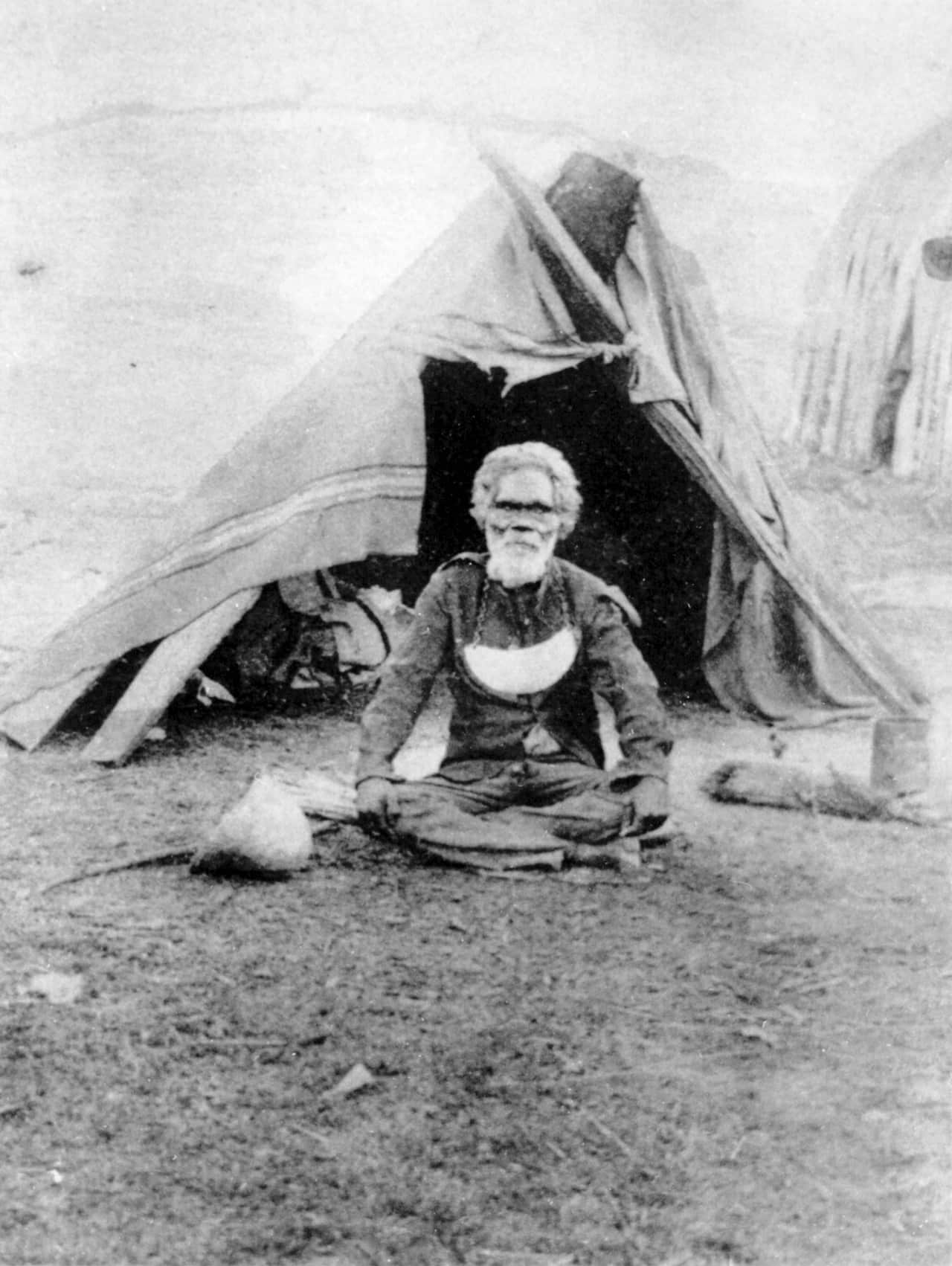WARNING: Aboriginal and Torres Strait Islander viewers are warned that the following article contains images of deceased persons.
Logan's rich Indigenous history weaves the stories of a number of traditional custodian groups, each bearing a unique spiritual, historical and ancestral connection to intersecting lands within the City of Logan.
According to Logan City Council, two major Aboriginal language groups—the Yugambeh and the Yuggera (or Jaggera)—originally inhabited the lands surrounding Logan in what was a plentiful, even paradisiacal, setting.
Yugambeh man and CEO of Logan's Yugambeh Museum, Language and Heritage Research Centre, Rory O'Connor, says that before the British moved into his country in the early 1800s, the land surrounding Logan was full of natural resources. "Our language area covers something like 3,600 square kilometres of land," Mr O'Connor said.
"We had rainforest, surf, bays, open oceans, mountains and inland country."
The community who lived in Logan had access to a vast range of wildlife and seafood from all around Australia. "You would not have found a better place to live in in traditional times."

First contact
Traditional owners first came into contact with Europeans when the Commandant of the Moreton Bay Penal Settlement, Captain Patrick Logan, explored the river in 1826. When Brisbane's penal settlement closed in 1841, squatters quickly moved into Logan land. They were intent on extracting the best of the timber from along the Logan and other rivers in the region.
The first leases of land in the Logan area were issued from 1849 and immigration was encouraged. At first, Mr O'Connor says, there was space for both communities to live side by side. But that changed as more pastoralists took up more land and the white population increased.
Yuggera woman and a member of the Ngaran Goori Limited board, Louisa Bonner, says that settlers, colonialists and missionaries came to Logan to 'divide and conquer', much like they did in other parts of Australia.
"They came and colonised the area," Ms Bonner said. "Our people were outcast and our whole society was turned upside down.
"The ground we walked on, the trees they lived under and the food they ate all became null and void.
"Their movement was restricted and our people were displaced on our country for many years."
The Queensland Native Police was formed in the late 1850s or 60s, and lethal force was increasingly used against the First People of the land. According to documents from the Yugambeh Museum, Language and Heritage Research Centre, a group of Yugambeh people were shot dead by a Native Police detachment in 1861.

Bilin Bilin: a negotiator who survived
The declaration of the Logan and Eight Mile Plains Agricultural Reserves in 1862 led to extensive settlement of the area by Irish, English and later German immigrants. Some responded to the occupiers with guerilla tactics. But at least one man, Bilin Bilin of Yugambeh land, took a different approach.
"Bilin Bilin negotiated with Pastor Housman, a German missionary," Mr O'Connor said.
A direct descendant of Bilin Bilin, Mr O'Connor says that his ancestor's actions helped to perserve his family's heritage.
"Basically, Billin said to him 'I will come along to your Sunday school if you stop us from being shot or moved from our land.
"And that agreement that was made which has meant that we are still here today."
that agreement that was made which has meant that we are still here today.
Mr O'Connor says that those who chose the path of guerilla warfare often left no descendants.
Bilin Bilin chose another kind of heroism to keep identity and community alive in a new and hostile environment.

Seeing that Aboriginal labour was valuable, he continued to work for white settlers to avoid being killed or displaced. He distributed bibles among his community, although he did not become a Christian himself. He continued to carry out traditional ceremonies but he also gained the respect of the occupiers and was given a breastplate inscribed 'Jackey Jackey King of the Logan and Pimpama'.
Billin Billin managed to remain on his country until he was very old, when finally he gave in to pressure and went to live at nearby Deebing Creek Mission.
By the time he died in 1901, the world of the Yugambeh had undergone a radical transformation through the occupation of their country by the British.
The Yugambeh language revolution
Up until 30 years ago, following decades of displacement and assimilation policies, the Yugambeh language was considered lost. But thanks to efforts from Yugambeh Museum, Language and Heritage Research Centre, the language, culture and history of the area has been restored.
Yugambeh man and CEO of Logan's Yugambeh Museum, Language and Heritage Research Centre, Rory O'Connor, said, "Logan is home to an incredible revolution in Aboriginal language and we see this become a model [for language] that the rest of Australia could follow.
“We are now about to introduce that language in schools for fluency in youth for the first time.
"It's never been attempted anywhere else in Australia and now we are doing it in Logan. It's an incredible coup."
The Logan Project, a two-part documentary series on SBS, charts the journey of the city's aspiring singers and musicians as they work together to create a new, positive narrative for their city.
Survival Day | 8.30PM | SBS | #TheLoganProjectSBS

